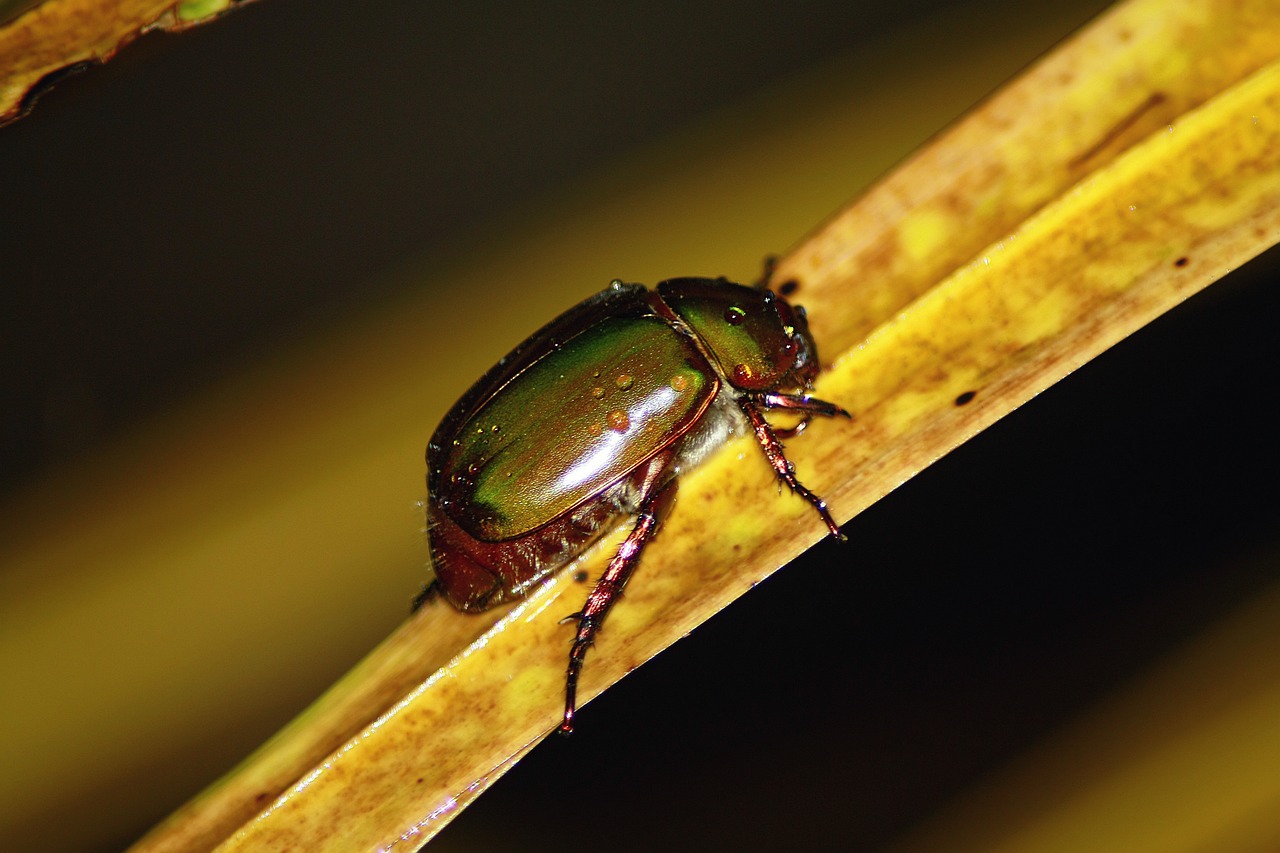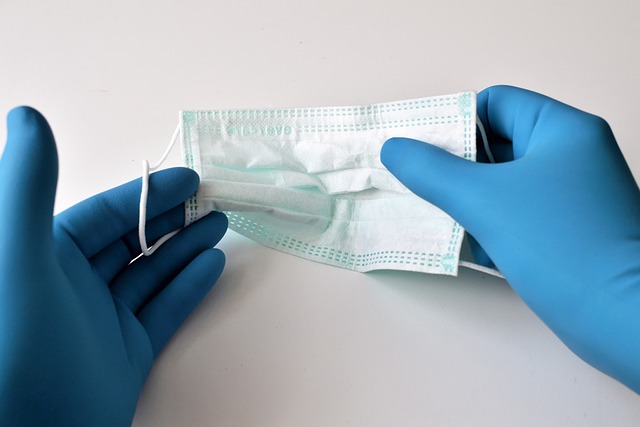How to Handle a Chipped Tooth: Immediate Steps to Take
laser247 register, lotus3655, sky247login:Have you ever bitten into something hard and felt a sharp pain in your mouth, only to discover that you’ve chipped a tooth? It can be a distressing experience, but knowing how to handle a chipped tooth can help alleviate some of the stress and pain. In this article, we’ll discuss the immediate steps you should take when you chip a tooth to help prevent further damage and ensure your oral health.
1. Stay Calm: The first thing to do when you chip a tooth is to stay calm. It’s a common occurrence and can usually be fixed by a dentist. Panicking will only make the situation worse, so take a deep breath and focus on taking the necessary steps to address the issue.
2. Rinse Your Mouth: After chipping a tooth, it’s important to rinse your mouth with warm water to clean the area and help reduce the chance of infection. Be gentle when rinsing to avoid causing further damage to the chipped tooth.
3. Control the Bleeding: If there is any bleeding from the chipped tooth, you can apply pressure to the area with a clean piece of gauze or a tea bag. This will help to stop the bleeding and promote clotting.
4. Reduce Swelling: If you experience swelling or pain after chipping a tooth, you can apply a cold compress to the outside of your cheek to help reduce swelling and numb the area. This can also help alleviate any discomfort you may be feeling.
5. Avoid Certain Foods: After chipping a tooth, it’s important to avoid certain foods that could cause further damage to the chipped tooth. Avoid hard, sticky, or chewy foods that could exacerbate the issue. Stick to soft foods and liquids until you can see a dentist.
6. See a Dentist: It’s essential to see a dentist as soon as possible after chipping a tooth. Even if the chip is minor, it’s crucial to have a professional evaluate the damage and determine the best course of action to prevent further issues down the line.
7. Fixing the Chipped Tooth: Depending on the extent of the chip, your dentist may recommend different treatment options to fix the chipped tooth. This could include bonding, dental crowns, or veneers to restore the appearance and functionality of the tooth.
8. Preventing Future Chips: Once you’ve addressed the chipped tooth, it’s essential to take steps to prevent future chips. Avoid biting down on hard objects, wear a mouthguard during physical activities, and practice good oral hygiene to keep your teeth healthy and strong.
9. Follow-Up Care: After your dentist has treated the chipped tooth, it’s important to follow any aftercare instructions they provide. This could include avoiding certain foods, using a special toothpaste, or attending follow-up appointments to ensure the tooth is healing properly.
10. FAQs
Q: Can a chipped tooth be painful?
A: A chipped tooth can be painful, especially if the nerve inside the tooth is exposed. It’s important to see a dentist to address the issue and alleviate any discomfort.
Q: Will my chipped tooth need to be extracted?
A: In most cases, a chipped tooth can be repaired by a dentist without the need for extraction. The treatment will depend on the extent of the chip and the health of the tooth.
Q: How much will it cost to fix a chipped tooth?
A: The cost of fixing a chipped tooth will vary depending on the treatment needed. Your dentist can provide an estimate of the cost during your consultation.
In conclusion, knowing how to handle a chipped tooth is important for maintaining your oral health and preventing further damage. By following these immediate steps and seeking professional dental care, you can address the issue and restore the appearance and functionality of your tooth. Remember to stay calm, rinse your mouth, control the bleeding, see a dentist, and take steps to prevent future chips.







